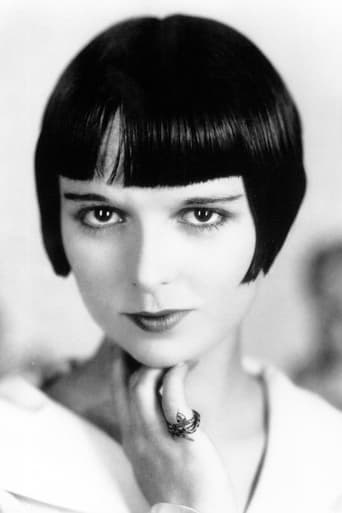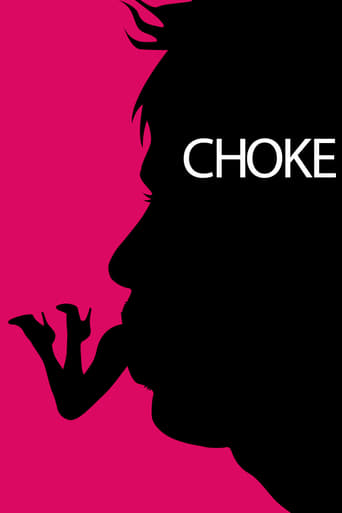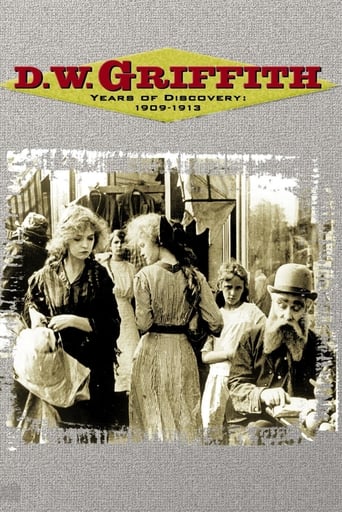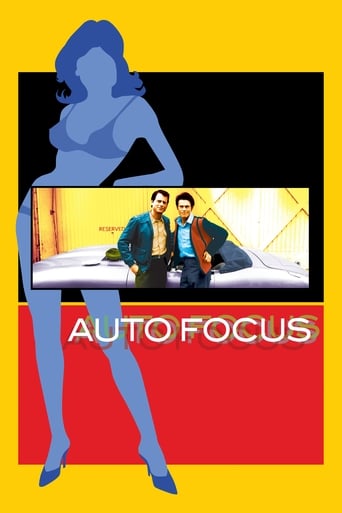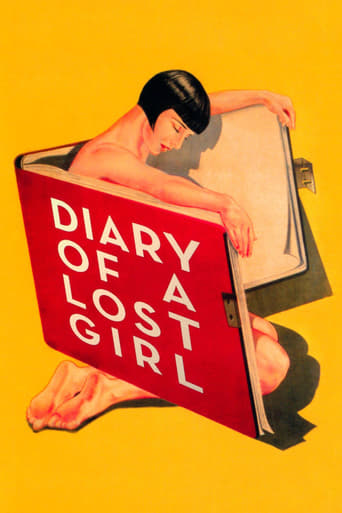
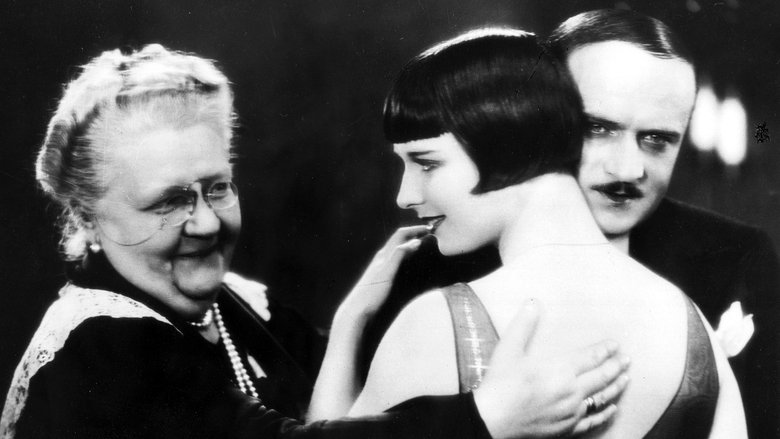
Diary of a Lost Girl (1930)
Thymian Henning, an innocent young girl, is raped by the clerk of her father's pharmacy. She becomes pregnant, is rejected by her family, and must fend for herself in a harsh, cruel world.
Watch Trailer
Cast
Similar titles

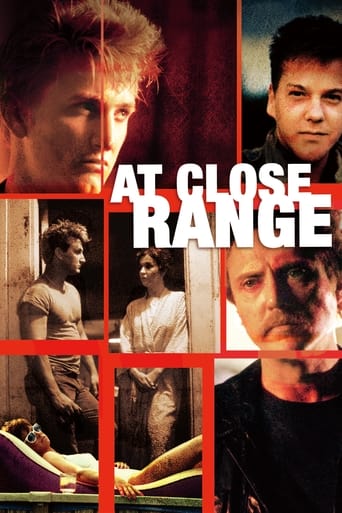
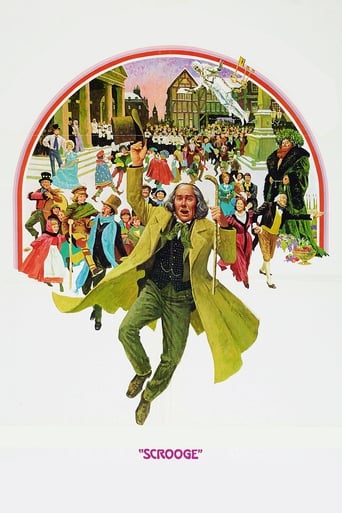
Reviews
good back-story, and good acting
Excellent, Without a doubt!!
Strong acting helps the film overcome an uncertain premise and create characters that hold our attention absolutely.
It’s sentimental, ridiculously long and only occasionally funny
This movie is a fantastic drama about a woman life, her fight to choose her fate in a world dominated by men who are dominated by their hormones. So when i hear today actresses whining about feminist movies, i rather laugh because they just show their big ignorance about film history: this one is nearly 90th years old, it's black and white, mute with captions and it tells everything they want! so this topic has existed since cinema is alive and awareness is not their gift because old generations was already on the move: Maybe those feminists should evaluate who are they finally? Here the young women works as a prostitute in a bordel run by a Madam and it seems that everyone was happy. But when they are in streets, under the command of a male pimp, it's bad? One scene happens in the beach: men and women have decent swimsuits and once again, every one has fun. So why the need to go there being nude, or topless, or just with a string or everything else? Decency, good taste are as essential as social code as their arguments! It's about getting a good education and this movie offers a scary reality: Church schools forget their own value of love and compassion and rather embrace a strict discipline that recalls the future Nazi camps! So this movie is just terribly actual, it's really inhabited by a deep and acute humanist feeling and the story is beautifully constructed and chiseled to build bridges between moments, a writing talent that today movies have totally lost! And for sure, Louise Brooks is an exceptional actress: her look is so much iconic and without her voice, she achieves to leave a eternal memory!
This is far less interesting than the other Louise Brooks film I've seen ("Pandora's Box"), but it's probably worth seeing.Brooks had an amazingly compelling face and the camera loves her. She sparkles here as a woman who spirals down in society, then back up, in a story that ends a little too neatly.This film targets societal hypocrisy. Thymian's father sleeps with his housemaids and gets away with it. But when Thymian is seduced or, more likely, raped by a local pharmacist, and gets pregnant, the baby is snatched from her and she's sent to a home for wayward girls, where -- you guessed it -- the headmaster (a leering Andrews Engelsmann) is more depraved than the wards.Thymian tries to save herself but is dragged further down when economics force her into prostitution. The movie drags as we sit through much tea dancing at the brothel and an oddly extended scene in which Thymian tries to teach an awkward john how to dance.Thymian begins to re-ascend from the abyss when she starts to help people who are less fortunate."Your ignorance won't help her," she tells the headmaster of a rebellious young woman new to the school. "I will try -- for I was once as she is now!"
The second G. W. Pabst/Louise Brooks collaboration comes close to equaling its predecessor in terms of depicting a world in moral decay through the plight of a fallen woman. Brooks' acting is slightly weaker at the beginning of the film, where she struggles to portray her character as a naive youngster. She becomes far more convincing as the film progresses and her character grows.As with Pandora's Box, there is a somewhat lurid atmosphere to this film, with each major character acting in their own, sometimes depraved, self-interest. For instance, one of the overseers at the reformatory confiscates a girl's lipstick, only to apply it to his own lips when he is back in his office. As with Pandora's Box, it is tempting to read this as symbolic of the decadent moral climate of Weimar Berlin. The general theme of rising and falling fortunes, sometimes due to one's own actions and sometimes due to events beyond one's control must have spoken to Depression-era audiences, though.The diary features prominently as a device early in the film but is forgotten towards the end. Perhaps, as Brooks' character has grown, she no longer feels she needs it but this is not depicted clearly. Rather, it seems to have simply been forgotten.The Kino edition of this film has a beautiful, very moving score that fits the scenes incredibly well. In fact, it is the best I have heard for any silent film.Ultimately, this film is on a par with Pandora's Box. Both are well-executed melodramas that reflect the seediness and decadence of the era and Brooks' acting is refreshingly modern in each.
"Diary of a lost girl" - the second film adaptation of the novel, supposedly based on a true story, the writer of the last century, Margaret Bome. Received by the press in 1905, is the most famous and best-selling book of women. By the end of the twentieth of its sales has exceeded more than a million copies, making the novel one of the top bestsellers of its time. One modern scholar has called "Diary of the Fallen" "Perhaps the most notorious and, of course, commercially the most successful autobiographical story of the early twentieth century.Literary sensation. According to the author tells the true story of a young woman forced into prostitution circumstances. At the time of publication, believed to be an authentic book is a diary, but argued only Bome that was its editor. Likewise there has been the emergence of the myth of some novel effects on social reform at the time.The first screening took place in 1918, director Richard Oswald «Das Tagebuch Einer Verlorenen». To date, the film is considered "lost" and no one in the audience has no opportunity to see it.The second film adaptation was the work of the so-called "historic duet" Georg Wilhelm Pabst filmmaker and an American actress Louise Brooks. According to rumors, he asked her did not even know, seeing only her picture with a charming and powerful features, a mysterious look. That same year she appeared before him in a few ambiguous psychological drama "Pandora's Box." Both films are emblematic of the German cinema of the late twenties and this despite the fact that the young Brooks at home in the states acted in film punchings, second-rate bands, however, after the Commonwealth with Pabst has signed a lucrative contract with film company «Paramount».Their duet was a success for both of them. Brooks joined the amazing image of her heroine, expressing regret and despair with a rare subtlety of nature, while Pabst reel filled with memorable, vibrant and accentuate the culmination of events moments, particularly a scene in a brothel, where circling in the dance of prostitutes and their clients share a daughter and a fallen selfish father in a sudden encounter. The story itself, as the film is filled with meaningful scenes. In the episode where the assistant girl's father clings to Meyner Thyme, after which the heroine of Louise Brooks, faints and he was a "dirty" smile carries her into his bedroom, symbolizes the suppression of pure kindness naive girl in front of vicious evil bastard lust. Georg Wilhelm Pabst film can also be partly compared with the early work of director Charles Chaplin. One of the scenes of the film in the penitentiary, which enters the main character, is very ironic and ambiguous context. Girls taking place in this institution re-education, and in fact every day tolerate violent attitude on the part of both the moral and ugly teachers, arrange one evening in a dormitory rebellion, lashing out at their supervisors throughout the crowd with his fists. Similar scenes are in movies of Chaplin, it is in his films where he played the director, when he kicked his foot heroes stupid and evil members of the order, thus showing their relationship to government authorities at the time as a whole, whose policies have complicated the lives of many people."Diary of the Fallen" - a psychological drama with realistic events, which is a blow to the selfish bourgeois society in the face of vicious character depicted in the film. The story of the preservation of resilience, kindness, courage, compassion, and love the girl, despite all the troubles through which she had to go through.
